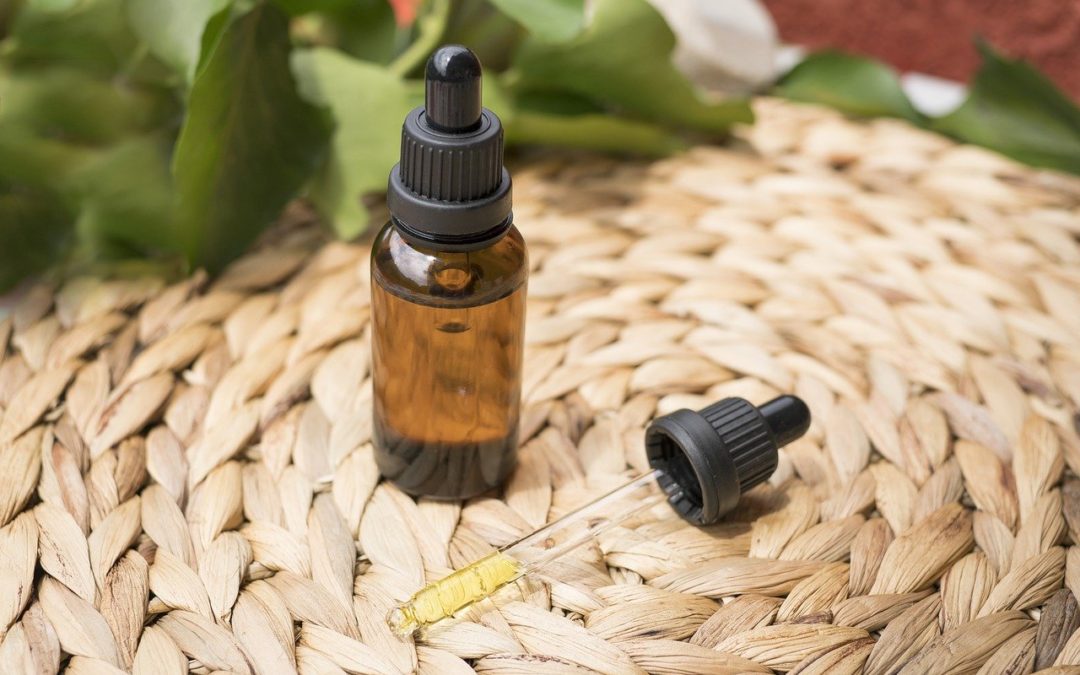Cannabinoid medicines have been made in a wide variety of forms; flower, vape pens, edibles, capsules, topicals, and others. If you’ve been following along, you already know that many of these forms are ineffective like topicals, or downright unsafe like vape pens.
I often say if a person has a hole or a surface, someone has made a cannabis product to stick there. It doesn’t, however, mean it works or is a good idea.
Today let’s talk about a form that lives in the gray-zone: tinctures.
What Are Tinctures?
Simply put tinctures are a liquid form of cannabis. This is immediately the source of the majority of my reservations about them.
Tinctures are traditionally extracts that are made with alcohol. However, most cannabis tinctures are sold in oil, not in alcohol – which is good because pure alcohol tinctures are unpleasant to take and can be dangerous. On the other hand, oil-based tinctures have really poor absorption in the gut.
Does It Work Under the Tongue?
No. The “skin” of your mouth is designed for chewing and swallowing, not absorbing nutrients. While there are some medications that can be absorbed through your mouth, they are rare and different from most other medications. There is no evidence that garden-variety cannabis tinctures are absorbed sublingually as often is claimed. Further, there is good evidence that people who are told to expect to feel something after putting a tincture under their tongue will feel that, despite no cannabinoids being measurable in their bloodstream. This is called bias.
The whole idea that tinctures could be used under the tongue comes from the misunderstanding of pharmaceutical products like Epidiolex and Sativex which are sprays that do absorb through the lining of the mouth. However, those products use carefully constructed additional ingredients (called excipients) that deliberately harm the lining of the mouth to enable the active medical ingredient to pass through. In studies of those medications, one of the most common reasons for stopping the medication was painful oral sores. Nonetheless, none of the garden-variety tincture have this technology anyway.
The Biggest Problem is that it’s a Liquid.
You may notice that most adult medicines are not liquids. There’s a reason for that. As with all medications, getting the right dose is often crucial. Too little and it’s not going to work, and too much and all sorts of problems can occur, from discomfort to hallucinations to, more rarely, dependence and use-disorders in the case of cannabis.
Liquids just make getting the right dose more tricky and less reliable. “A dropperful” is just not an accurate enough approach.
Worse yet, the industry encourages patients to squirt tinctures into their mouths directly, where you can’t see what you’re doing, so you have even less control over how much you’re getting. When I, rarely, recommend a tincture I advise patients to count the drops carefully onto a spoon and then take it “like cough syrup”, meaning swallowed immediately and often chased with a beverage because they taste lousy.
So When Would You Use a Tincture?
I can come up with two use cases for tinctures. One is if there are no other options. For example, in my area there are very few sources for THC-A medications, and none in edible form, only tinctures. Why they don’t make a gummy THC-A eludes me but is probably because tinctures are easier to make and THC-A isn’t yet widely used.
The second is when you need to administer the medication down a feeding tube in patients who have advanced disease like ALS, MS, or similar. In those cases you can’t really put a gummy down the tube, and a liquid like tincture is really the only option for what would otherwise be an oral approach
As you can see, the use cases for tinctures are uncommon.
Overall, I think tinctures are more popular than is medically appropriate. Again I suspect the industry like to push them because they’re easy and cheap to make. Couple that with some folks desire to be “old timey” or otherwise dabble with their medicines (you don’t do that, right?) and you have a fad that sells but isn’t really the best way to approach treating patients’ illnesses. If we need an oral medicine, I prefer well-made gummies that have precise doses as well as good GI absorption.
Consult with a Qualified Boston Medical Marijuana Expert Today
Massachusetts medical marijuana doctor Jordan Tishler, M.D. sits on the faculty of Harvard Medical School and has years of experience helping patients treat pain and other ailments using cannabis. He and the team at InhaleMD stand ready to assist patients in determining whether medical marijuana is right for them. For more information, or to set up a virtual consultation with the team at InhaleMD, call us at (617) 477-8886 today.

